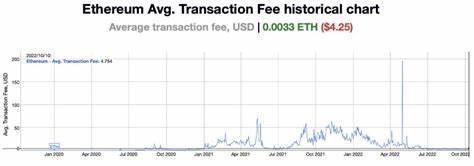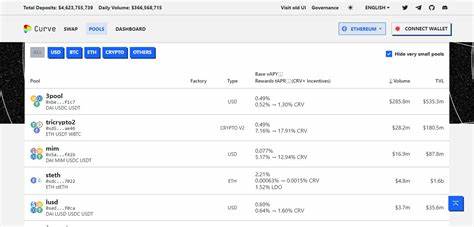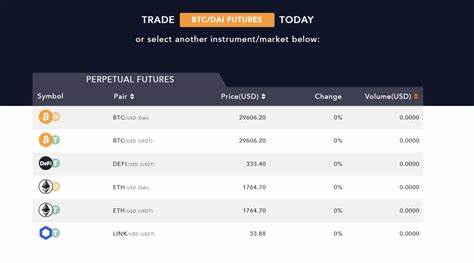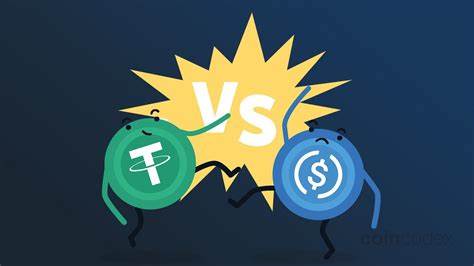The recent surge in the average gas fees on the Ethereum network has caused a major stir in the cryptocurrency community. According to recent reports, the average gas fee for a transaction on the Ethereum network has jumped more than 80%, nearing the $5 mark per transfer. This significant increase in gas fees has not only caught the attention of Ethereum users but has also raised concerns about the scalability of the network and its impact on the adoption of decentralized applications and altcoins. Gas fees on the Ethereum network are essential for processing transactions and executing smart contracts. However, the recent spike in gas fees has made it increasingly expensive for users to interact with the network, particularly for smaller transactions.
This surge in gas fees can be attributed to the growing popularity of decentralized finance (DeFi) applications on the Ethereum network, which has put a strain on the network's capacity. The rising gas fees on the Ethereum network have led to a heated debate within the cryptocurrency community, with many users expressing their frustration over the high costs associated with using the network. Some have called for solutions to address the scalability issues of Ethereum, such as the implementation of layer 2 solutions or the migration to a proof-of-stake consensus mechanism. The increased gas fees on the Ethereum network have also had a significant impact on altcoins and other blockchain projects that rely on the Ethereum network for their operations. Many projects have seen their transaction costs skyrocket, making it financially unsustainable for smaller projects to operate on the network.
In response to the escalating gas fees, some users have started looking for alternative solutions, such as using other blockchain networks with lower transaction costs or exploring the possibility of using layer 2 solutions to reduce their reliance on the Ethereum network. Overall, the surge in gas fees on the Ethereum network has highlighted the need for scalability solutions to address the growing demand for decentralized applications and altcoins. As the cryptocurrency ecosystem continues to evolve, it will be crucial for blockchain networks to find sustainable solutions to ensure the seamless and cost-effective operation of decentralized applications.









